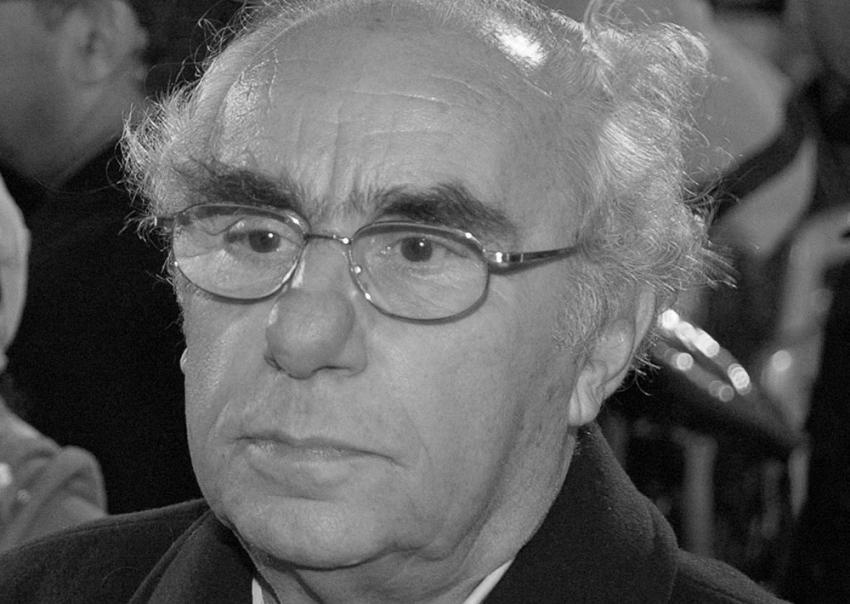Never in the course of human history, has man been sentenced to death merely because he was born. The Jew, who loved life, was born into a world of love. That is what Esther Srul was saying in the letter she left behind:
“Dear brothers and sisters, it is so hard to bid farewell to this beautiful life. You who remain alive, do not forget our small, guiltless Street of the Jews”.
And here is what little ten-year-old Yuta writes to her father:
“I want to say goodbye to you before I die. We very much want to live, but what can we do – they don’t let us. I am so frightened of dying…”
The human spirit – that is, the will to live – ebbed in the struggle with the shadow of death. The will to live is not a matter of heroism or courage; it is a basic human instinct. It is not embedded in the national ideology, Jewish or otherwise. It exists within us from the first breath we take. And because that breath was Jewish, the forces of evil threatened to take it from us. But the ability to live is dependent on hope. Where there is no hope, there is also no life. That’s what happened to my dear father, of blessed memory. I was with him in Auschwitz. We had found him there quite by chance, as my brother and I had arrived there before him. He told us that our mother had died of suffocation in the cattle-car. Those were the last words we ever heard him say – he never spoke again until the day he died. From then on, the three of us clung together, one of whom was our father, rendered mute. He had lost all hope, had lost the will to live now that mother was no longer.
He became weaker day by day. In the absence of hope, he was a broken man, and my brother and I dragged him along while his strength steadily waned. And then he collapsed, and there was none to save him. Father was shot to death in front of us, his sons. Today, as a survivor, I am able to write these things down for you, but you must understand that it was impossible for me to say the words out loud. I am writing this down because I wish perpetuate his memory. That was the critical moment in my suffering during the Holocaust. I neither wanted, nor felt able to go on. Without a father or mother, life held no meaning. I lay down next to his dead body, wanting to die. My brother, who was older than me, refused to abandon me, but lay down beside me. A member of the SS approached, kicked us, and hit us with his rifle butt, and then…..walked on. Why didn’t he shoot us? Only God knows.
The death march continued without us. We were free. That moment of desperation, the loss of our parents, and with them the will to go on living, was suddenly transformed into a spark of hope, the renewed will to live.
We, the survivors, will always remember those who lost the struggle, amongst them my parents Erna and Mauritz of blessed memory, and wish to commemorate them, especially on this day. I remember them not as victims, but rather as yearning for life – for they were born to live.
And even if a third of the Jewish people didn’t survive, amongst them little Yuta and Esther Srul, they remind us and all of humanity that by their death, the victims of the Holocaust bequeathed us the imperative to live. And we are indeed alive. The human spirit returned to us, and inspired us with new forces of creativity. The memory of our loved ones drives us day and night ... on their behalf and in their memory, we have raised new generations that testify to the fact that God created mankind to live forever. In the course of human history, the shadow of death appeared in the garb of the Holocaust. We do not understand it, and we cannot fathom it. All we can do is to live with the memory of the victims, and to commemorate them. May their memory be blessed.







